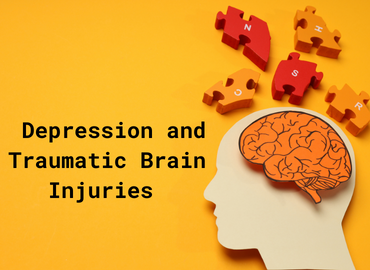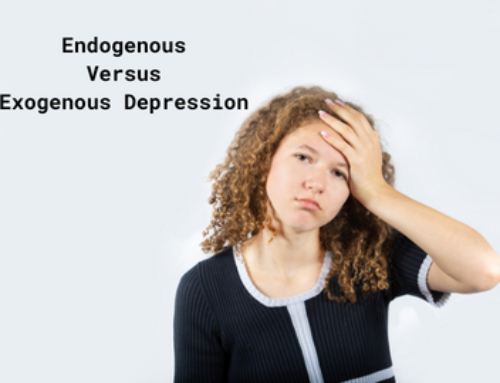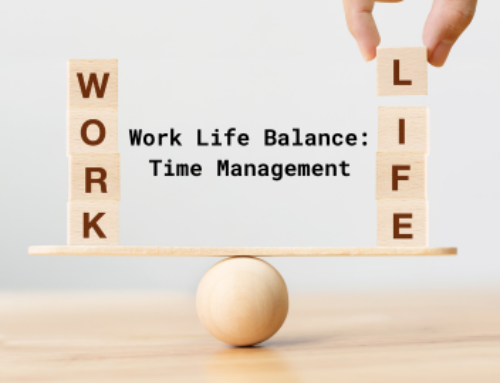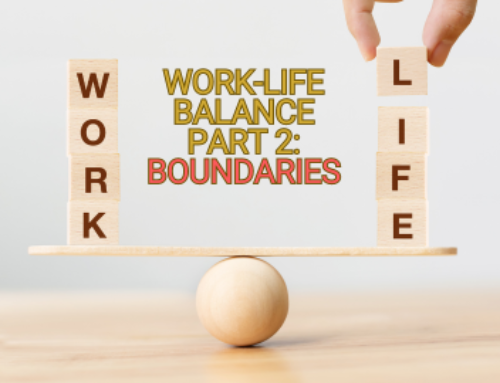Depression and Traumatic Brain Injuries
The brain is just another organ in the body, and when it is injured, it affects the function. Just like when a pulled neck muscle causes pain and difficulty turning your head, injuries to the brain will affect how the body and mind function by themselves and with each other.
Today, we want to take a look at the effect injuries to the brain may have on the development of depressive disorders. Specifically, a traumatic brain injury, a TBI. According to information cited by the American Association of Neurological Surgeons, a TBI is “…a disruption in the normal function of the brain that can be caused by a blow, bump or jolt to the head, the head suddenly and violently hitting an object or when an object pierces the skull and enters brain tissue.”
Some common causes of TBIs are sports injuries, falls, vehicle accidents, or blows to the head from or against an object. These injuries can result in disrupted consciousness, short or long-term memory loss, vision loss, trouble speaking, and more. It can be hard to know how serious a blow to the head is, especially when the person doesn’t act different afterward and it doesn’t hurt badly. The affected person (if possible) and those around them should watch for the more obvious signs of brain injury, particularly disorientation, nausea, and abnormal pupil dilation. Any blow to the head should be treated with concern. An untreated TBI can result in future problems like headaches, faulty memory, and possibly mental health issues like depression.
According to these studies, over 60% of brain injury patients suffered some sort of psychiatric disorder between 5 and 6 years after the incident. A large number of these were not noted pre-injury, though numbers are impossible to secure when it comes to any imbalance that may have been existent but undiagnosed. There are far too many of those. The authors of the article linked above recommend that TBI patients receive multiple psychiatric screenings at intervals after the head injury is treated.
According to a study published in the Journal of the American Medical Association (JAMA), “Major depression is a frequent complication of TBI that hinders a patient’s recovery. It is associated with executive dysfunction, negative affect, and prominent anxiety symptoms. The neuropathological changes produced by TBI may lead to deactivation of lateral and dorsal prefrontal cortices and increased activation of ventral limbic and paralimbic structures including the amygdala.” More information links mood disorders to the physical changes in the brain that affect function, the way the injury affects the sufferer’s daily life, and the emotional response to any lasting damage caused by the TBI.
We offer psychiatric services to TBI survivors and work with their healthcare providers to create a treatment plan with the objective to achieve remission of depressive disorders. This plan will evolve over time to follow the needs of the patient and the results of the methods used. For questions or appointments, contact us on our website or call (585) 442-6960.





